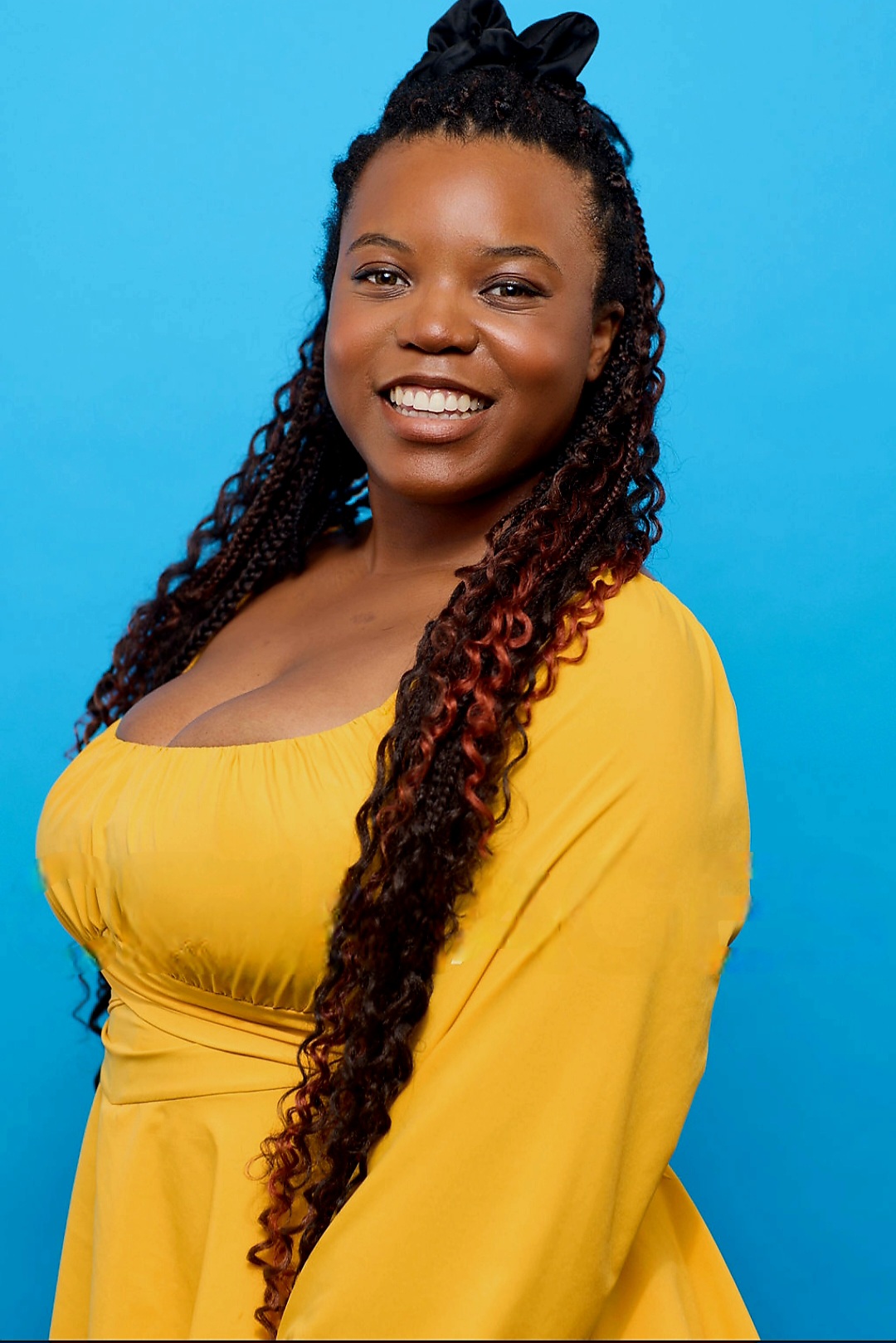We were lucky to catch up with Lauren Washington recently and have shared our conversation below.
Lauren, thanks for joining us, excited to have you contributing your stories and insights. I’m sure there have been days where the challenges of being an artist or creative force you to think about what it would be like to just have a regular job. When’s the last time you felt that way? Did you have any insights from the experience?
I’ve always said I’m an actor because it’s the one thing I love most in the world. It’s the only thing that makes me wake up every day with a smile on my face, and the only thing I could do for hours on end and still be like, “No, seriously, I could do this all day”. I’ve had a lot of “regular jobs” — bagging groceries, phone banking for charities, being a secretary (I’m basically the queen of administrative work), and even a fitness instructor. I did it all, and it was always just so I could keep acting.
I started acting in 6th grade when my family moved to the suburbs of Illinois, and my mom was still figuring out the new school schedule, so she was a little late picking me up. After school one day, a teacher asked if I wanted to audition for a play, and I was like, “Sure, why not?” I ended up with a background role, but the second I stepped onto that stage under those lights, I was hooked. From then on, I was either in a play, rehearsing for a play, or directing a play pretty much every single day until I graduated college. So, my entire life has been dedicated to this craft. Because of that, I can’t really imagine doing anything else.
I’m a hustler — got that from my mom — so I’ve never been without some kind of “side gig” to make ends meet. But I always saw those “survival jobs” as just that: a means to an end so I could keep acting. But there was one moment where I really questioned everything. I hadn’t had an audition in months. No audiobook gigs. I was burned out, and to make matters worse, I’d watch the shows I’d auditioned for and listen to the books I didn’t get, and it felt like being rejected all over again.
I remember sitting in my car outside the gym (where I always go to think), just staring at the steering wheel, and thinking, “Is this fair? Is it really too much to ask to do what I love, be good at it, and have it pay the bills? Why do I feel like I’m grinding so hard and getting nowhere?” It was like I loved acting the way someone loves a city with brutal winters — you know, you love it in the summer when everything’s bright and green, but come January, the wind is so cold it feels like it’s cutting through your bones, and you ask yourself, “Why do I live here again?” But then, you make it to April, and the sun comes back out, and you remember why you love it.
That’s what acting felt like in that moment — like the middle of winter, with the wind stinging my face. But still, I couldn’t help but wonder, “Why couldn’t I just take a break from acting? Maybe I could make more money doing something else and come back to it later when it makes more sense.” I even got a little teary-eyed thinking about it.
But then I remembered something Les Brown said: “If you don’t have the courage to act, if you have something special to do, life will move on you.” If it were not for life, I would’ve left school that day and never stepped foot on a stage. It’s easy to be passionate about something when everything’s going well — you’re in plays every weekend, surrounded by people who get you, taking classes that challenge you. But it’s a whole different thing when it feels like you’re pouring your energy into a black hole. When every class is money out of your account, every play or audition means a day off work that you could’ve really used, and you’re just hoping that you’re going to book that big gig that might finally pay off.
I’ll admit, it’s really hard to love the place you live when the wind hurts your face. It’s hard to love what you do when you always feel like you should be doing more. But ultimately, for me, it comes down to picking your “hard.” Life is hard sometimes — there’s no way around that. I get rejected a lot, but it’s also hard to get any auditions at all when you don’t have the time or resources to even pursue them. It’s hard to invest in better materials when your agent is asking for them and your bank account is looking like it’s on a diet, but it’s also hard to even get an agent in the first place. So, I choose my hard.
In the end, I could definitely have a “regular” job, and sure, I’d have some benefits — stability, maybe a bit more financial breathing room — but I’d also have all the hard parts of that too. And when it comes down to it, acting is the one job I’m happy to take the hard parts with because the good parts are so worth it. Even if sometimes the wind hurts my face.
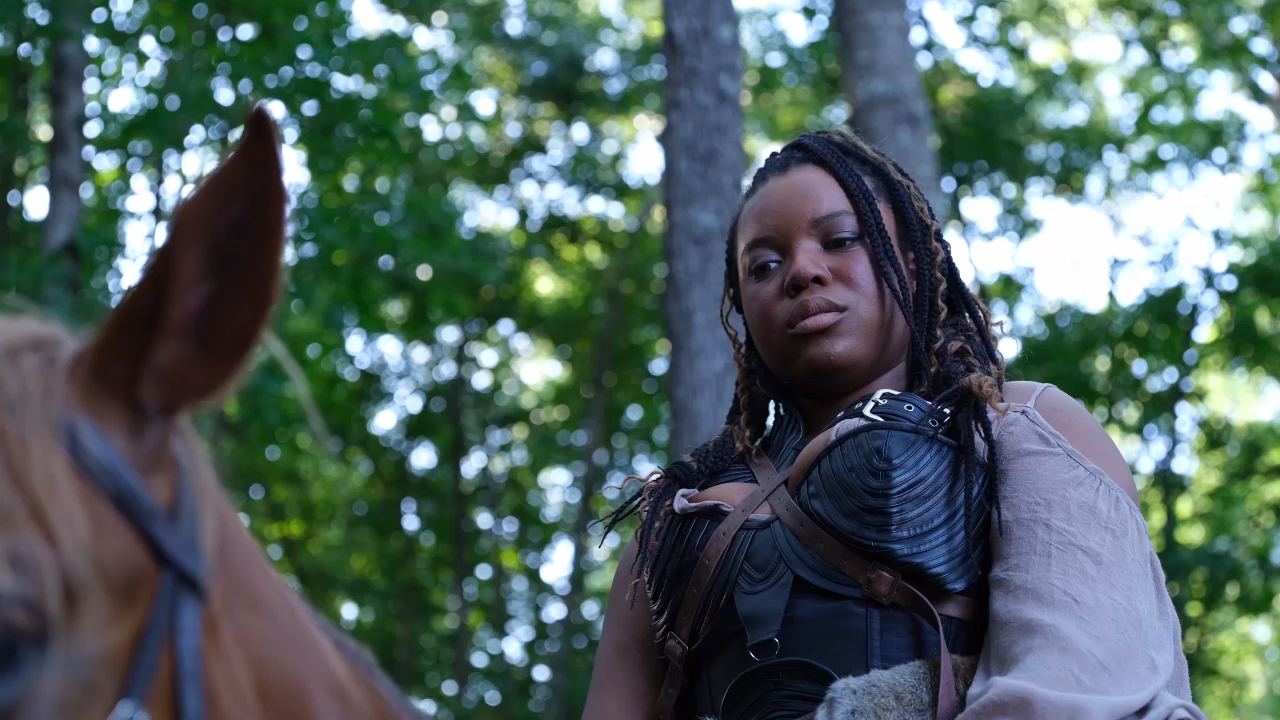
Great, appreciate you sharing that with us. Before we ask you to share more of your insights, can you take a moment to introduce yourself and how you got to where you are today to our readers.
I always joke that I accidentally became an artist. Like most things in life, I kind of rolled with the punches and landed in a profession I turned out to be really good at. I’ve always been a performer. My first performance was as a mouse in The Nutcracker at age 5 (yes, I was the tiniest, most adorable rodent you could imagine). But it wasn’t until my 6th-grade teacher asked me to audition for a play that I realized I could be an actor. I’ve always loved reading, but it wasn’t until my college professor tossed me a golden opportunity to take his masterclass on voiceover work that I started narrating audiobooks. Life has a funny way of nudging you toward your true calling, and I’ve learned to watch for the signs.
Fast forward to almost 14 years of acting—I’ve been creating my own short films, auditioning for big shows, and performing in plays and musicals and for the last 5 years, I’ve been narrating audiobooks and I just recently started a podcast. So yeah, storytelling is in my DNA. Whether it’s a play, TV show, or book, I’m here to help my clients bring their stories to life.
I work with a lot of independent artists because I absolutely love helping people tell the stories that matter to them. Seeing someone take their vision from concept to reality—without needing a huge company to make it happen—is honestly one of the most rewarding parts of my job. That’s actually why I started LEW Productions: to create a production company that lifts up underrepresented voices, lowers the barrier for entry, and reminds the world that art is for everyone. It’s about giving people the power to share their stories with the world—and I’m lucky enough to be a part of that magic every day.
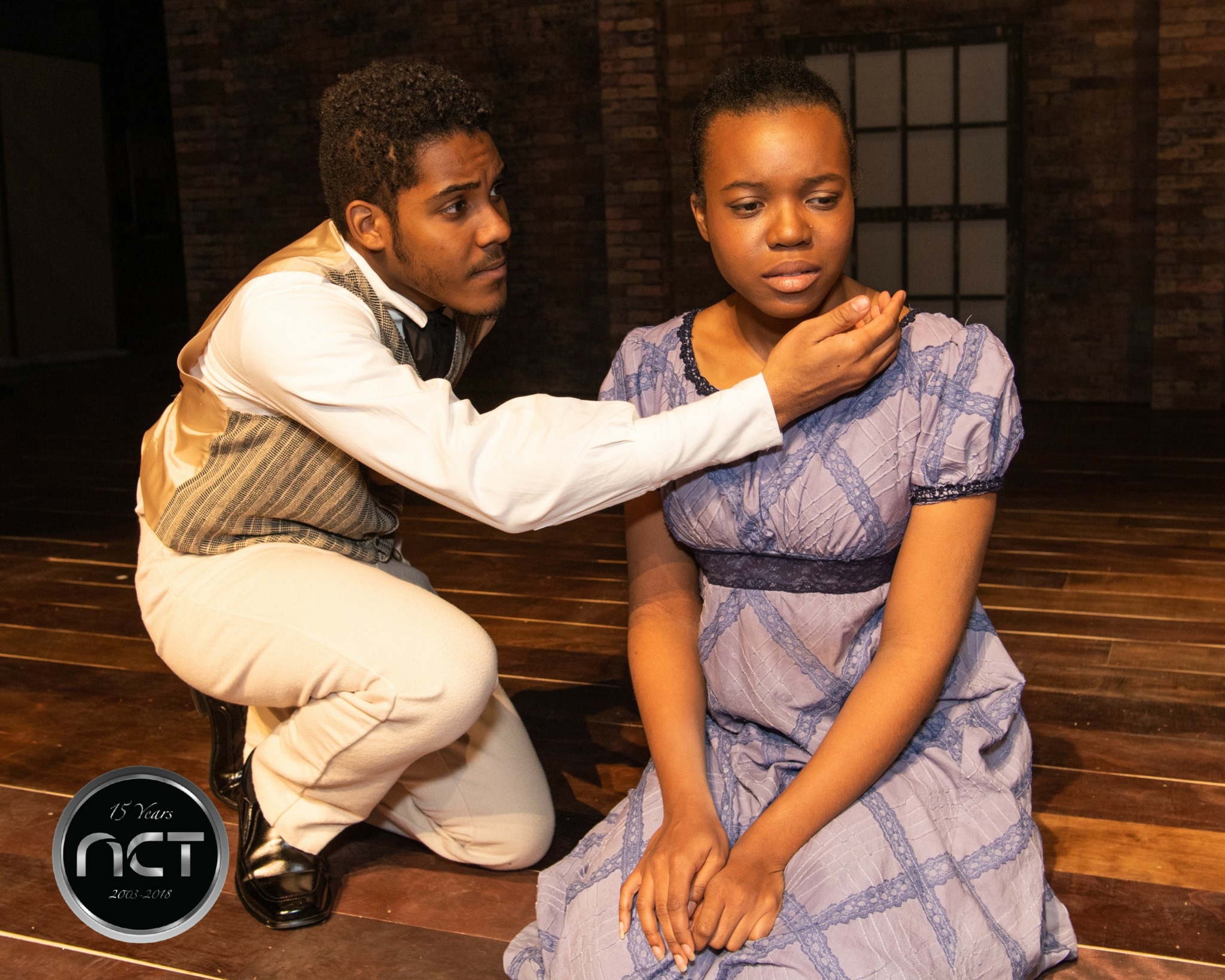
Let’s talk about resilience next – do you have a story you can share with us?
Like every artist, I’ve had my fair share of ups and downs. I have a special talent for making things harder than they need to be, so sometimes I need a little kick in the butt to snap out of a funk. But one thing I’ve learned is that after every mistake, I come out more resilient and focused than ever.
One story that really illustrates my resilience takes me back to college. I was lucky to have a super supportive mom who told me, ‘If acting makes you happy, go for it.’ But even with that support, there was a point where I really felt the stress of trying to be a professional in my field. Like most college students, I had to work to survive. I was paying out-of-state tuition, juggling a job that barely covered my room and board (with overtime, of course), and—after years of auditioning—I finally landed a lead role in a play. The problem? The play rehearsed after school hours, which was exactly when I worked. So now I had no time to work, no time to study, and no time to learn my lines. It was a mess.
I couldn’t decide what to focus on because they all seemed important, so I ended up being terrible at all of them. It all came to a head one day when I was auditioning for another play to meet my scholarship requirements—and I ended up being late to rehearsal. My director, who had already told me to get it together once, very reasonably lost it. I’d missed warm-ups because of work, I was learning lines backstage just to keep up, and now I was late. She hit me with the hard truth: ‘You’re not Meryl Streep, so stop acting like the star of the show. If you’re not going to take this seriously, you can get off my stage.’ I think she also said something like, ‘Lauren doesn’t know her lines, but at least she can find her light—at least we’ll be able to see her.’ Glowing feedback, right?
I went back to my dorm after rehearsal and cried. I thought, This is it. This is everything I’ve worked for, and I’m blowing it because I don’t have enough time. And while I wish I could say I suddenly found hours of time I wasn’t using efficiently, spoiler alert: I didn’t. My grades, my social life, my performance, and my mental health were all in shambles until I figured out what to prioritize.
So what did I do? I stepped back. I realized I had to sacrifice a lot—I cut down on overtime at work (which was a big deal because I worked really hard to get that position), my social life for two months and sleep— but I learned that if something means a lot to you, you have to go all in. Acting was my passion, and I was there to do the job. I prioritized my career and my studies, and though it wasn’t easy or fun, I saw my grades improve, and my performance did too.
Was it crazy to make those sacrifices? Depends on your priorities. But it was a test to see if I could balance my life and my career, and if I was willing to give a little less of myself to other things to give more of myself to acting. The people who supported me, even when I didn’t have time to hang out with them, were the ones I made sure to prioritize once I had some free time.
And guess what? The next time I got a role, I didn’t have to learn that lesson the hard way again. I’d already figured out how to balance it all—well, sort of. I still can’t master sleep, but that’s a work in progress.
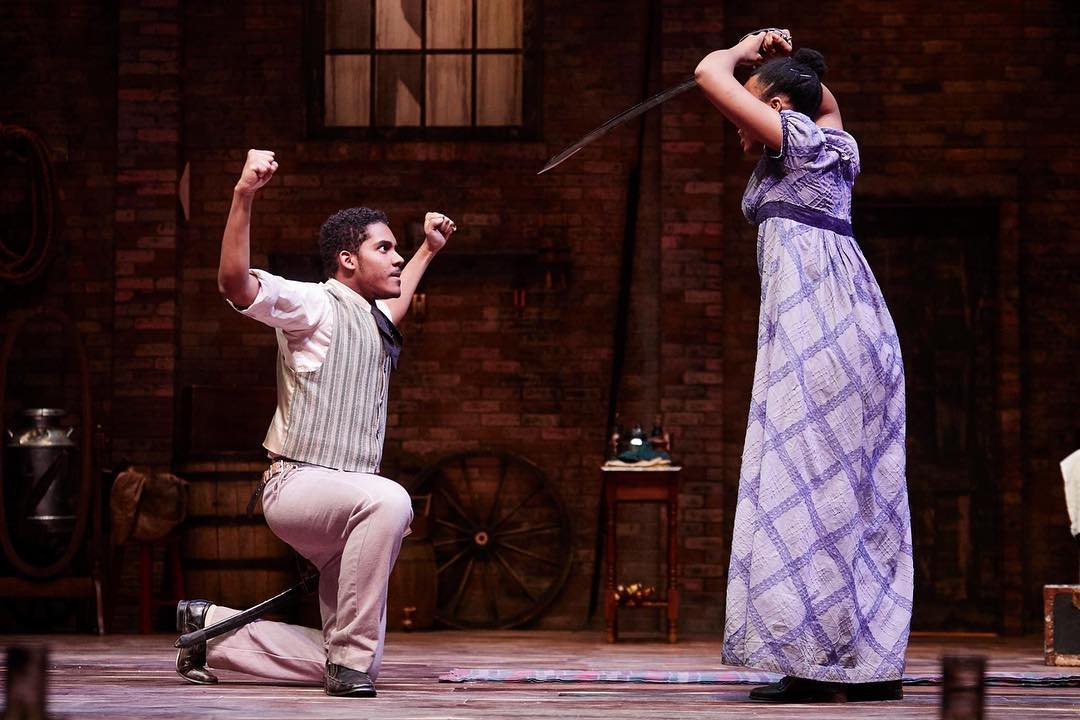
Are there any books, videos or other content that you feel have meaningfully impacted your thinking?
I highly recommend: Self Management for Actors by Bonnie Gillespie, The 12 Week Year by Brian Moran, Abundance Now by Lisa Nichols, Never Split the Difference by Chris Voss, The 5 second Rule by Mel Robbins and Crucial Conversations by Joseph Grenny. These books have all made me a better leader and entrepreneur. I would also recommend both Les Brown and Lisa Nichols motivational speeches. And I share all of these recommendations and more on my podcast: Live From My Basement with Lauren Washington
Contact Info:
- Website: https://www.laurenelizabethwashington.com/
- Instagram: https://www.instagram.com/luckilylaurenwashington/
- Linkedin: https://www.linkedin.com/in/lauren-washington-59243924b
- Youtube: https://www.youtube.com/@LuckilyLaurenWashington
- Other: Podcast: Live From My Basement with Lauren Washington https://open.spotify.com/show/52TXor4rEfH3HMTnpP16mF
Stan: https://shorturl.at/xDzhA
ACX: Lauren Washington
Actors’ Access: https://resumes.actorsaccess.com/LaurenElizabethWashington
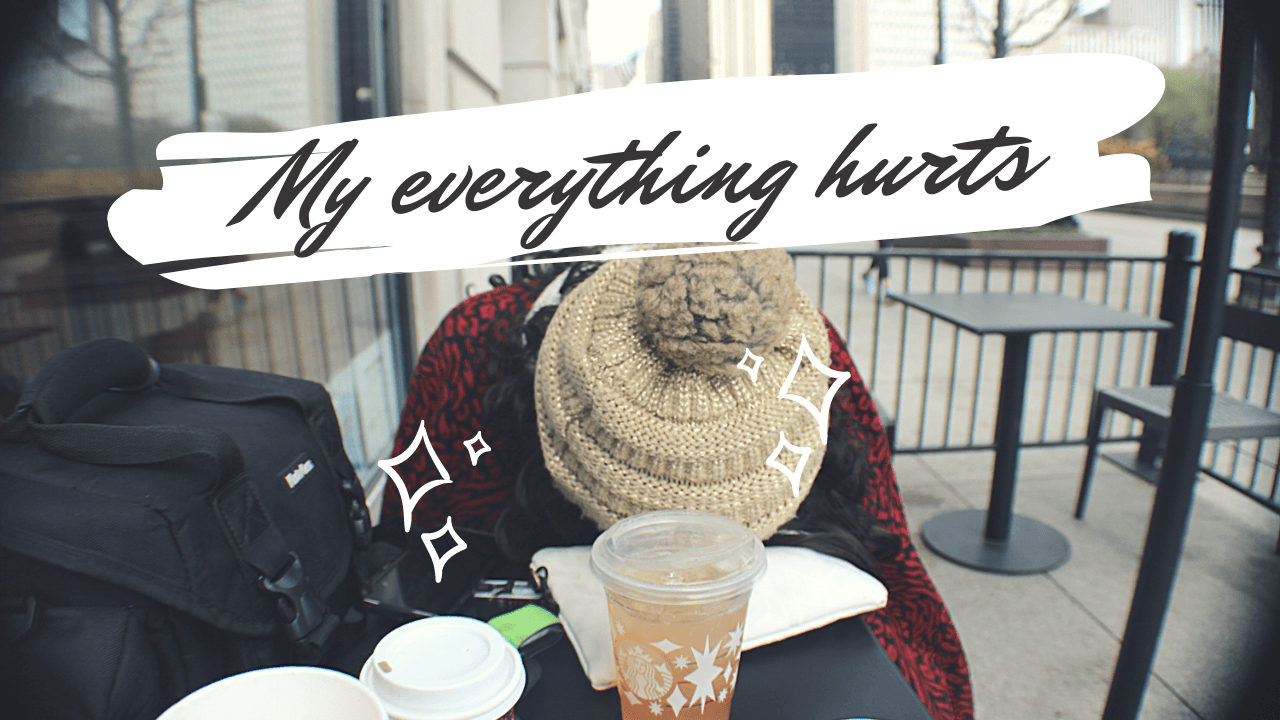
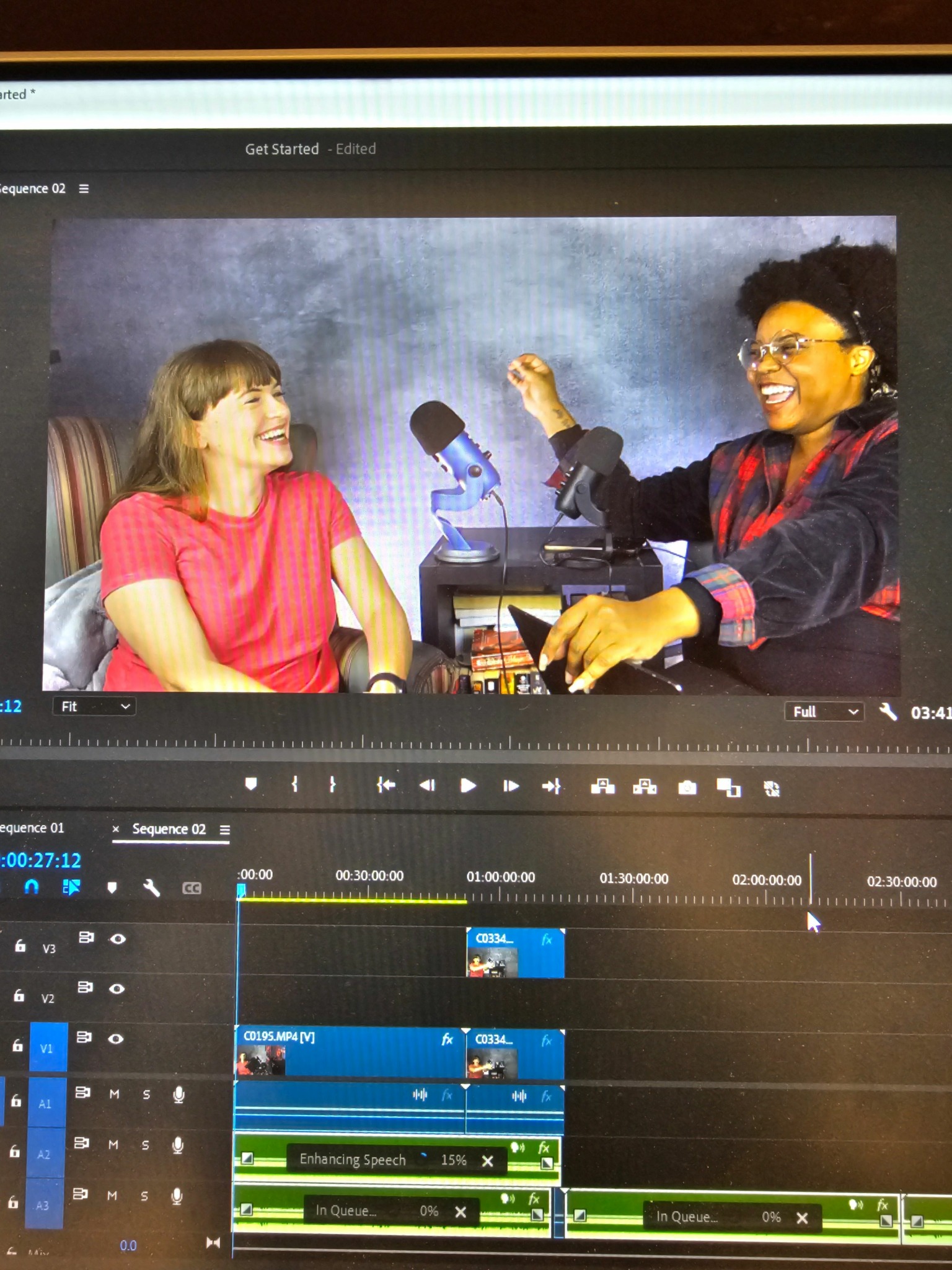
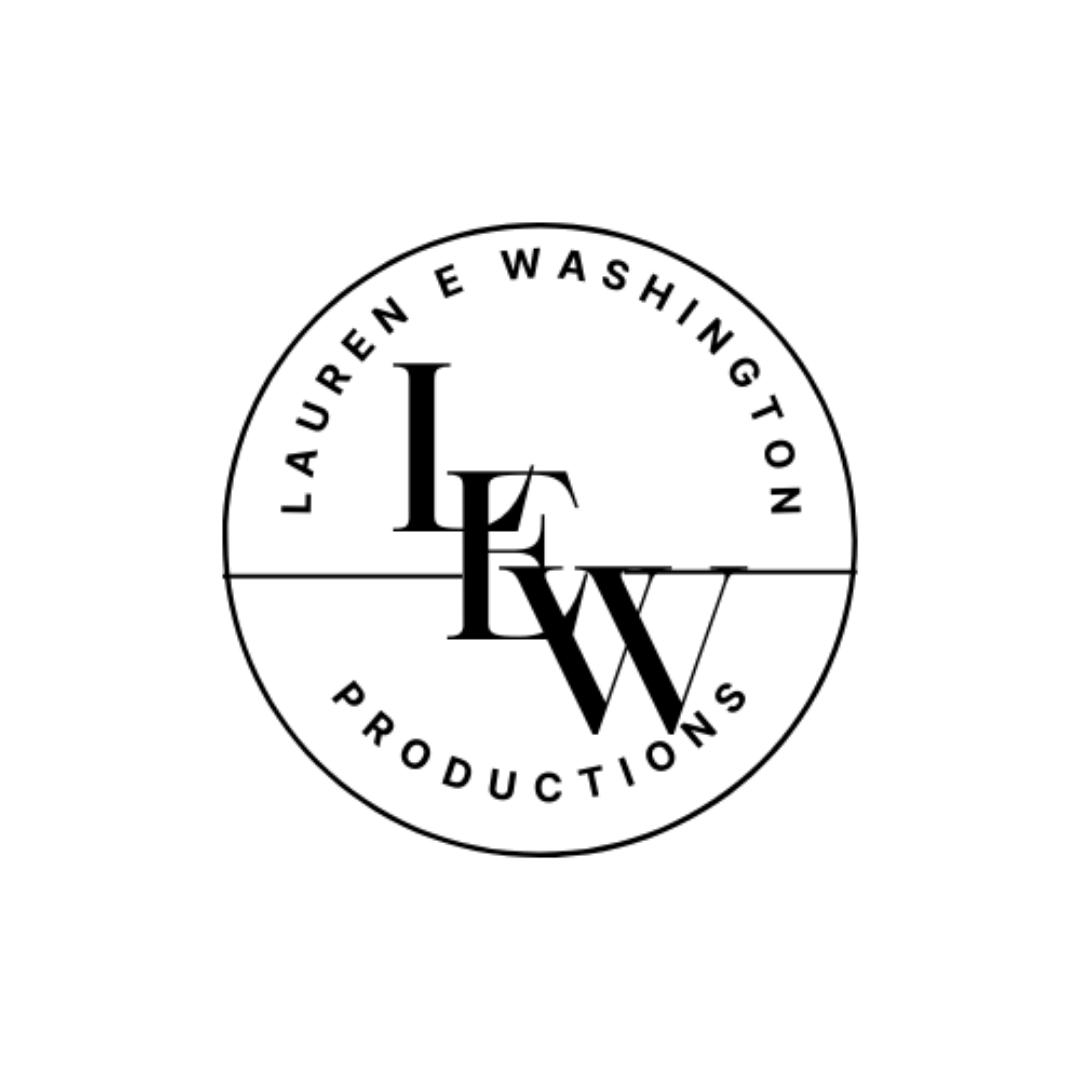
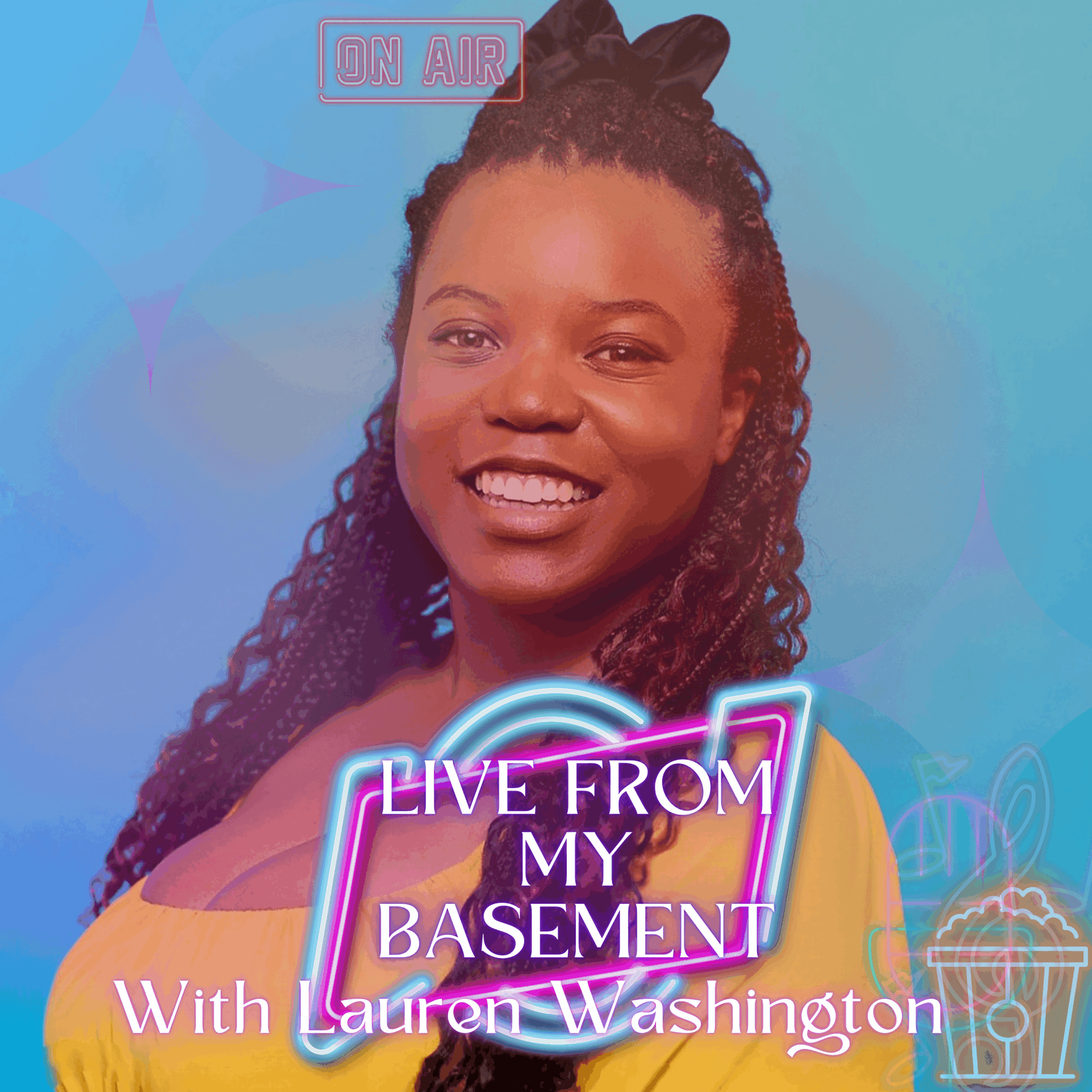
Image Credits
Darrell Snedeger


